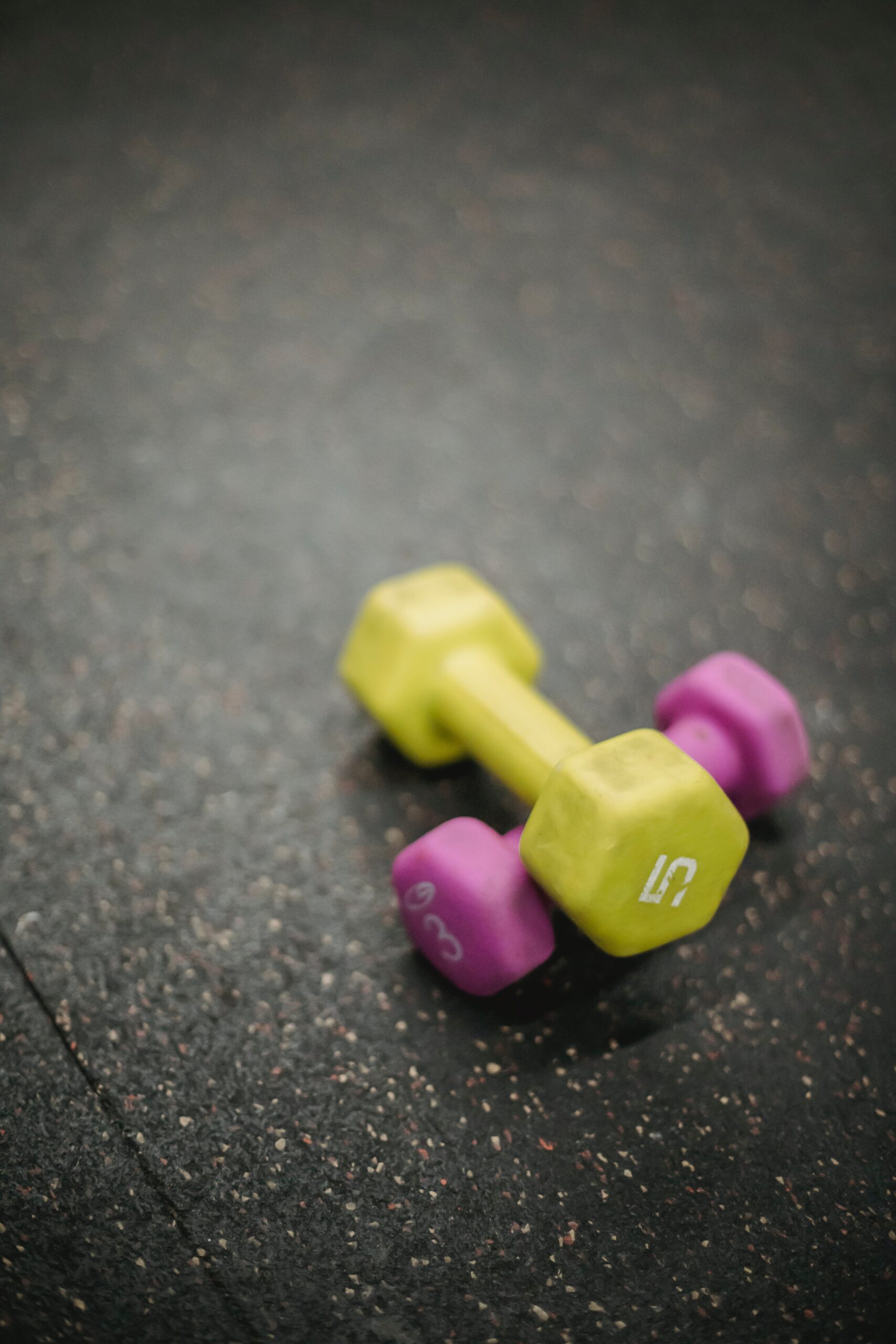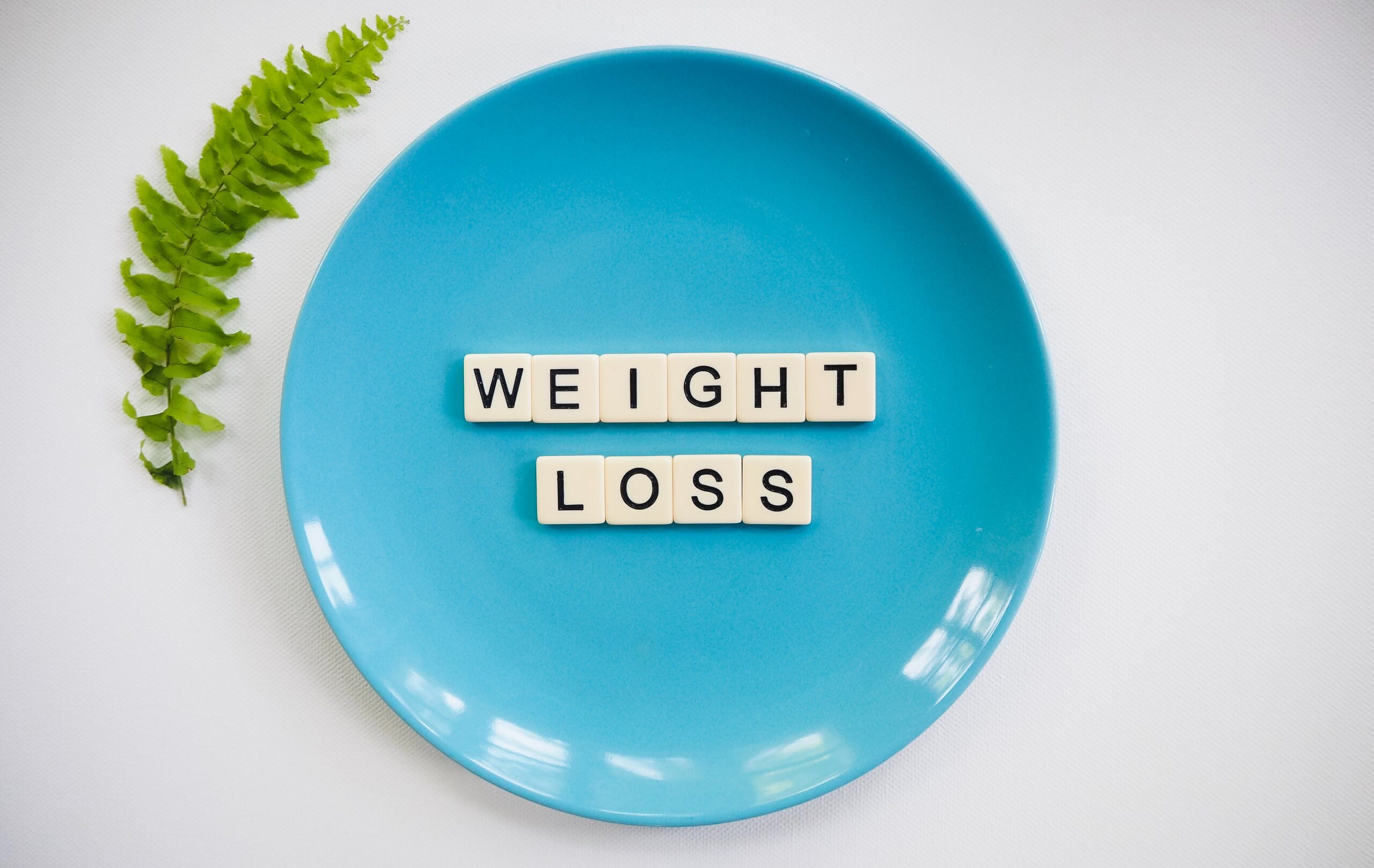Introduction
How to loss weight fast is very common topic in today’s life and many people are looking for quick and effective results. While rapid weight loss can be achieved, it’s important to approach it safely and sustainably. In this comprehensive guide, we will explore various strategies and techniques that can help you achieve fast weight loss without compromising your health. From dietary approaches to exercise tips and lifestyle changes, we will cover it all. So, let’s dive in and discover the best ways to lose weight fast.
Understanding Rapid How to Loss Weight Fast
Rapid weight loss refers to losing more than 2 pounds (1 kilogram) per week over an extended period. While it may seem tempting to achieve quick results, it’s crucial to approach it with caution. Slow and steady weight loss is generally more sustainable and prevents the dreaded cycle of yo-yo dieting. However, if you’re determined to lose weight fast, it’s essential to do it safely and under the guidance of a healthcare professional.

How to use very Low Calorie Diet
One approach to rapid weight loss is a very low-calorie diet (VLCD). This diet typically involves consuming as few as 800 calories per day and can result in losing up to 3 to 5 pounds (1.5 to 2 kilograms) per week. VLCDs often incorporate meal replacements such as shakes, soups, and bars to ensure adequate nutrient intake. It’s important to note that VLCDs are typically recommended for individuals with obesity who require significant weight loss for health reasons, and they should be closely monitored by healthcare providers.
Low Calorie Diet (LCD)
Another option for fast weight loss is a low-calorie diet (LCD). Unlike VLCDs, LCDs allow for a slightly higher calorie intake, usually ranging from 1,000 to 1,600 calories per day. These diets still promote weight loss but at a slightly slower pace compared to VLCDs. LCDs often utilize a combination of meal replacements and regular food, making them more sustainable and easier to adhere to in the long term.
Time-Restricted Eating
Time-restricted eating has gained popularity as a strategy for weight loss. This approach involves limiting the number of hours per day during which you can eat. A common method is the 16:8 approach, where you have an 8-hour eating window, such as 10 am to 6 pm, and fast for the remaining 16 hours. While some studies suggest that time-restricted eating can lead to rapid weight loss, more research is needed to determine its long-term effectiveness.
Intermittent Fasting
Intermittent fasting is another fasting-related strategy that has gained attention for its potential weight loss benefits. This approach involves alternating periods of fasting and eating. One popular method is the 5:2 system, where you eat your normal diet for 5 days of the week and restrict your calorie intake to a very low level (e.g., 500-600 calories) for the remaining 2 days. Intermittent fasting can lead to rapid weight loss but should be approached with caution and under the guidance of a healthcare professional.
The Role of Exercise
While cutting calories plays a significant role in weight loss, incorporating exercise into your routine can enhance your results. Engaging in regular physical activity not only burns calories but also helps build lean muscle mass, which increases your metabolism. Strength training exercises, such as weightlifting, can be particularly beneficial for preserving muscle mass while losing weight. It’s important to consult with a healthcare provider to determine the appropriate type and intensity of exercise for your individual needs.
The Importance of a Balanced Die
A balanced diet is crucial for achieving sustainable weight loss. Rather than focusing solely on calorie restriction, aim to consume a variety of nutrient-dense foods. Include lean proteins, healthy fats, complex carbohydrates, and a rainbow of fruits and vegetables in your meals. Protein helps keep you feeling full and preserves muscle mass, while healthy fats provide satiety and essential nutrients. Complex carbohydrates, such as whole grains, provide sustained energy, and fiber-rich foods aid in digestion and promote feelings of fullness.
Hydration and Weight Loss
Staying hydrated is often overlooked but plays a vital role in weight loss. Drinking an adequate amount of water can help reduce calorie intake, especially when consumed before meals. Additionally, proper hydration supports optimal bodily functions, including fat metabolism. Replace sugary beverages with water or other low-calorie options to reduce calorie intake and promote hydration. Aim to drink at least 8 cups (64 ounces) of water per day and adjust based on your individual needs and activity level.
Mindful Eating for Weight Loss
Practicing mindful eating can significantly impact your weight loss journey. Mindful eating involves paying attention to your body’s hunger and fullness cues and being present in the moment while eating. By slowing down and savoring each bite, you can better recognize when you’re satisfied, preventing overeating. Minimize distractions such as electronic devices and create a calm eating environment. Choose nutrient-dense foods that nourish your body and bring joy to your meals.
The Power of Sleep
Adequate sleep is often underestimated when it comes to weight loss. Lack of sleep can disrupt hormonal balance, leading to increased hunger and cravings. It can also affect your metabolism and energy levels, making it harder to engage in physical activity. Aim for 7-9 hours of quality sleep each night to support your weight loss efforts. Establish a consistent sleep schedule, create a relaxing bedtime routine, and optimize your sleep environment for optimal rest.

Setting Realistic Expectations
It’s essential to set realistic expectations when embarking on a fast weight loss journey. While you may experience significant weight loss in the initial stages, it’s important to understand that the rate of weight loss may slow down over time. This is a natural response as the body adjusts to the changes. Additionally, rapid weight loss can lead to muscle loss and other health concerns. Aim for a gradual weight loss of 0.5-2 pounds per week, as this is more sustainable and promotes long-term success.
Maintaining Weight Loss
Once you’ve achieved your desired weight loss, the next challenge is maintaining it. Transitioning to a balanced and sustainable eating plan is crucial for long-term weight management. Focus on incorporating healthy habits into your lifestyle, such as regular physical activity, mindful eating, and self-care. Surround yourself with support from healthcare professionals, friends, and family to help you stay accountable and motivated. Remember, weight loss is a journey, and maintaining a healthy weight is a lifelong commitment.
Conclusion
Losing weight fast is possible with the right strategies and approaches. However, it’s essential to prioritize your health and well-being throughout the process. Incorporate a balanced diet, regular exercise, and lifestyle changes that are sustainable for the long term. Remember that weight loss is not just about the number on the scale but also about improving your overall health and well-being. So take it one step at a time, be patient with yourself, and celebrate every small victory along the way.



